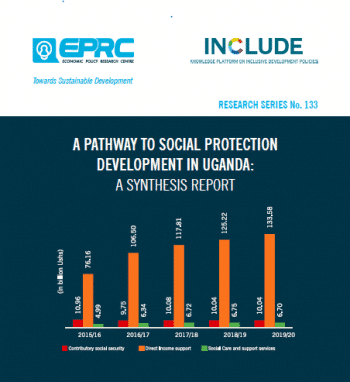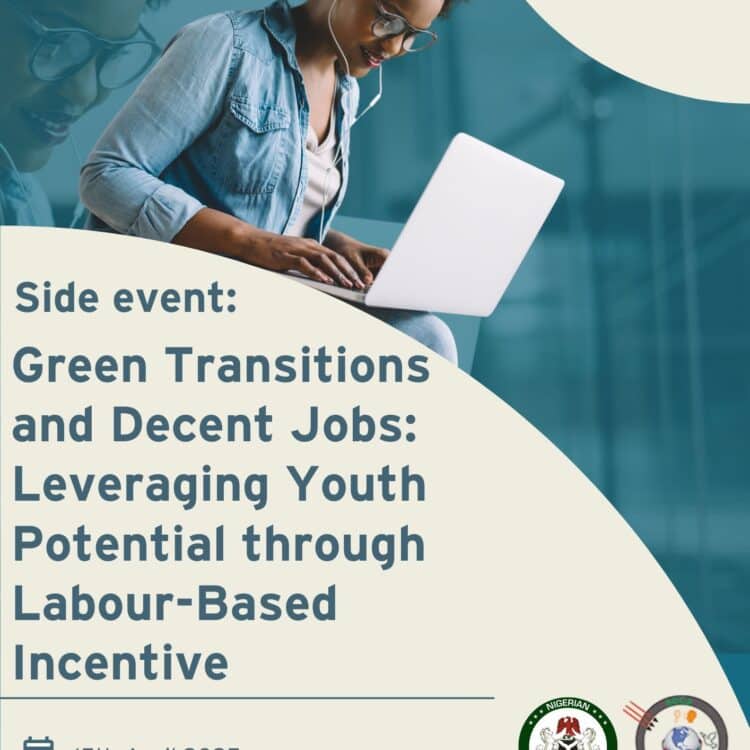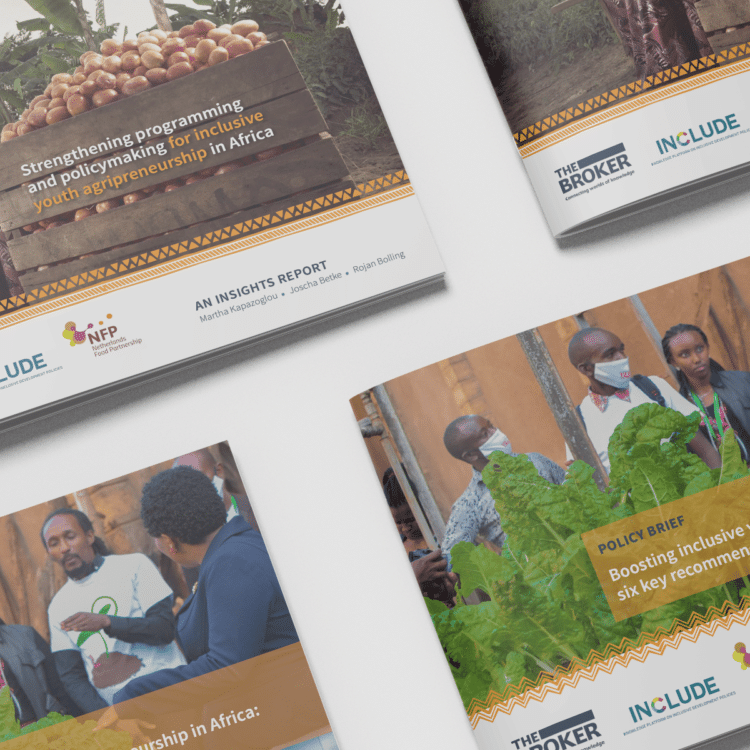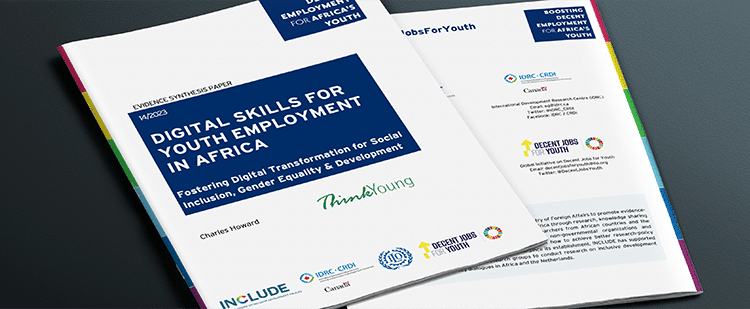
The African Policy Dialogue on women’s entrepreneurship and social protection in Uganda has published a report on ‘A pathway to social protection development’. This report is a synthesis of the institutions, policies, laws, implementation plans and evidence that are aligned to support social protection in Uganda. The report shows the following.
There are many vulnerabilities within the economy and that females are at a greater disadvantage than males. Hence, there is a need for multifaceted interventions from both state and non-state actors.
Policy frameworks, particularly the National Social Protection Policy, are in place. However, the extent to which this policy is being implemented was not ascertained because it is still new.
The funds allocated to social protection in Uganda are still small and insufficient.
Actions taken by the institutions responsible for spearheading social protection are not adequate, as vulnerability is still high and uncoordinated interventions continue to proceed with no operational guidelines.
Due to harmonization challenges and financial commitment of social protection interventions, it is difficult for the national rollout of cash transfer grants to cover all elderly eligible persons to achieve social inclusiveness.
For successful policy action, it is important to ensure institutional coordination, engage stakeholders at the onset of programme conceptualization, include the informal sector, liberalise the pension sector, and strengthen non-financial social protection initiatives.




